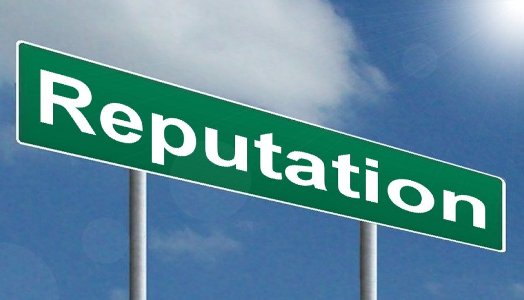In this article we will discuss the Vision, Values, Ethics and Strategy to create our Reputation, both at the individual and organisational level. It will involve studying, evaluating and managing culture; accepting and implementing change and creating, evolving and finally managing our external reputation through media and other external messages in promotion, advertising and publicity. It would also include top management PR exercises from time to time, their speeches at forums and events, press releases, circulars, newsletters, brochures and other written communications.
Culture of an organisation is the sum total of the culture of its employees. It has to do with certain common traits displayed by one and all in the organisation. Some traits may also be different and form the culture of the organisation. In order to build a sound culture employee participation is considered necessary by some. In other organisations it is driven from the top and everybody has to follow it. Any which way it has to be seen as a uniform and common approach where all are happy to follow it.
Employee participation can sometimes go too far. Every organisation needs to decide for itself the extent to which it is, genuinely, prepared and ready to share power with its workforce. Changes in society, as well as changes in the marketplace, coupled with changes in the political scenario, are driving the changes in the way business is being done. Role of Women, for example, has started playing a major role in our family as well as corporate decision making. “Why should Boys have All the Fun” has brought out on the road a lot of girls/women driving both the two wheelers as well as four wheelers. This has completely changed the workforce scenario, education scenario and socio-cultural landscape of the country.
Culture is built over the years and is slow in changing. It does not change quickly and overnight , whereas business at times wants to and has to change quickly, looking at the market, social and political changes. Technology has further made it a requirement for quick adaptability and changes. Change requires a systematic approach to recognising the need for change, research and understand the basic fabric of the organisation, decide what needs to change, share it with all employees, work together on the diagnostic, and finally, start all over again before you start implementing the change.
Communication is the key and a very good tool to manage culture and change. It can only work if people think through the argument for themselves. Employees prefer straight and transparent talk and chance of debate with top management to glitz and glamour as well as to get recognition and at times favours. A plan of involving the people should do the following :
- Communicate periodically as part of the management process ( Town Halls );
- Set up an Implementation Task Force and a Steering Group;
- Communicate in sub-groups by creating cascading effect;
- Sustain the momentum by keeping up the enthusiasm;
- Compete all the time for gaining employees’ attention.
Finally, how does one address the external communication process which helps build the external reputation. All members of the Top Management must speak the same language. As far as possible only one or two people should communicate externally. Reputation training is now the norm in most MNCs. All employees can be sensitised to this fact that their communication and behaviour outside creates a reputation of the organisation-good or bad. People are learning to listen to and communicate the concerns of the community and the signs are that this is even paying off commercially. Next few years will see the rise of mutual interests as hallmark of how progressive organisations manage their relationships. These organisations are looking at PR in a totally different way, although many managers still do not understand how reputation gets created and communicated effectively.
Further, noise and flux in the corporate arena is beyond managing at times. Future beholds the challenge of managing this effectively.






Be the first to comment on "Reputation Matters"